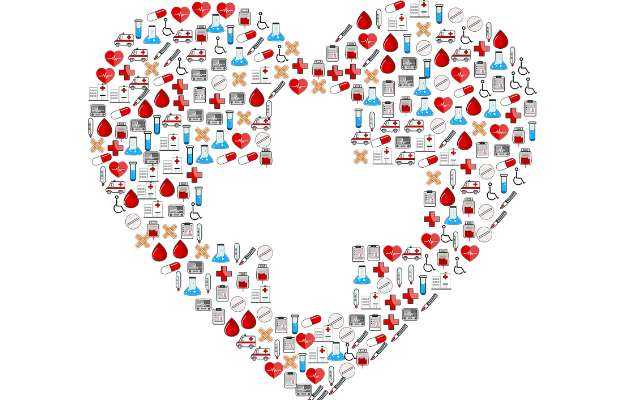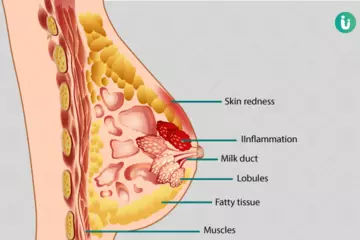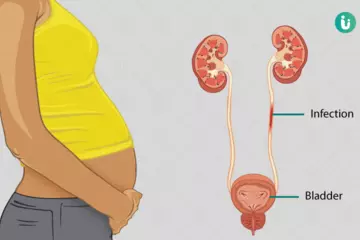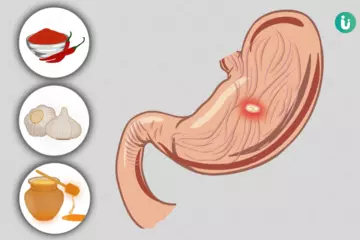What is dyslipidemia?
Dyslipidemia refers to abnormal levels of lipid in the blood, which is one of the major risk factors for coronary heart disease. It is characterised by an elevated level of total cholesterol or low-density lipoprotein (bad cholesterol) along with a reduction in the levels of high-density lipoprotein (good cholesterol).
Click on the link to know in detail about high cholesterol treatment.
(Read More - Home remedies for atherosclerosis)
What are its associated signs and symptoms?
Symptoms majorly depend on the cause of the condition. Dyslipidemia in itself presents with no clinical symptoms.
(Read More - High Triglycerides treatment)
What are its causes and risk factors?
There are no definitive causes of deranged lipid profile. However, obesity is one of the most recognised risk factors for the disease. Other risk factors are:
- Old age
- High blood pressure
- Diabetes mellitus
- Smoking
- Male gender
- A family history of cardiovascular disorders or high cholesterol
- Lack of physical activity
- Following a sedentary lifestyle
For most of these risk factors, it has been ascertained that the increase in risk factor increases the likelihood of occurrence.
Secondary causes of dyslipidemia include:
- Nephrotic syndrome
- Hypothyroidism
- Anorexia
- Biliary obstruction
- Drugs like diuretics, steroid, amiodarone, cyclosporine, and protease inhibitors.
(Read More - Cholesterol Test)
How can dyslipidemia be prevented?
Regular physical activity and procurement of a healthier lifestyle can aid in the prevention of dyslipidemia. Smoking cessation and reduction in weight would go a long way not only in the prevention of dyslipidemia but also a reduction in the incidence of cardiovascular disorders and other complications.
(Read More - Atherosclerosis treatment)
How is dyslipidemia diagnosed and treated?
Dyslipidemia is suspected on the basis of patient history and a final diagnosis is made on the basis of blood tests, which are used to determine the lipid value.
Treatment:
- The treatment of dyslipidemia majorly involves the reduction of low-density lipoproteins, which is achievable with the help of statin medications, which will be prescribed by your doctor.
- Use of other drugs will depend on the condition like diabetes or cardiovascular disorder or on the secondary causes of the condition, which are important to be determined for its long-term management.
- Often, pharmacological therapy is not enough for the condition and it is important to make some lifestyle changes for the proper management of the condition. These include healthy dietary changes and an increase in physical activity to aid a reduction in the body mass index and weight circumference.
- An increased intake of dietary fibres, phytosterols and omega 3 fatty acids along with increasing the consumption of fruits, vegetables and whole grains have been found to be helpful. At the same time, reducing the intake of alcohol and trans fats must be considered.
The prognosis of dyslipidemia depends on the severity of the condition. Individuals with the occurrence of cardiovascular disorders are at a higher risk of future episodes than those who do not have been affected currently. However, this risk is variable.
(Read More - Homozygous Familial Hypercholesterolemia)

 Doctors for Dyslipidemia
Doctors for Dyslipidemia  OTC Medicines for Dyslipidemia
OTC Medicines for Dyslipidemia



















